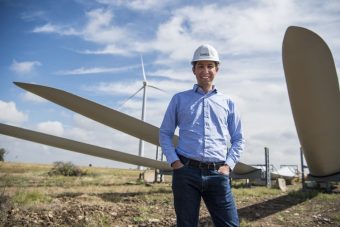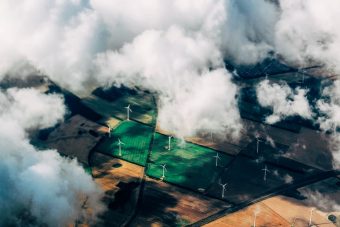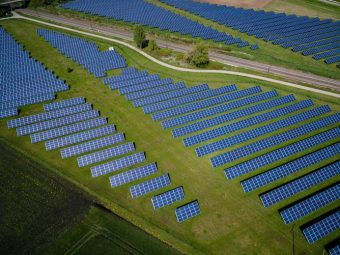
IRENA and Climate Investment Platform partners are working closely to advance renewables deployment efforts in developing countries.
Access to renewable energy finance remains a key challenge for developing nations. While many countries across Africa, Asia and Small Island Developing States remain highly disadvantaged by a lack of adequate energy infrastructure, they are presented with a unique opportunity to realise profound and lasting socioeconomic benefits from the transition to renewables.
The relative speed of progress in developing countries towards a low-carbon energy system has been modest, however – compromising the achievement of sustainable development and the realisation of key economic objectives, such as improved energy security, greater energy independence, job creation and more inclusive economic participation. Investment needs in sub-Saharan Africa alone are estimated at USD 105 billion per year to 2050, to align with development objectives and climate goals.
More:
The Climate Investment Platform launched by IRENA, together with SEforAll, the UNDP and in cooperation with the Green Climate Fund (GCF), blends the capabilities and resources of the four partner organisations to address – and unlock – investment needs in developing countries, in turn initiating a step change in their pursuit of low-carbon energy ambitions. The Partners support countries with target setting, the establishment of an enabling legal and regulatory environment, and development of risk mitigation measures to encourage capital flows.

While IRENA supports all components of this work, the Agency currently has a particular focus on risk mitigation and project facilitation. To date, IRENA’s CIP efforts have resulted in more than 180 project financing applications and more than 50 active partner pledges of support. The aim of the Platform is to connect projects with available climate capital by working closely with project proponents to bolster proposals, while facilitating matchmaking between projects and suitable investors under the facility.
The barriers to increased capital flows in developing markets are many. Challenges such as the limited capacity of local developers to produce investor ready projects, weak investor appetite for early stage development risk and the absence of enabling policies and regulatory frameworks, are just three of the areas in which CIP works to develop tailored, country specific solutions. And these activities are already underway.

One example is the Platform’s work with Spanish development bank COFIDES – a registered CIP partner – working with the IRENA project facilitation team under the framework of CIP. COFIDES has agreed to provide concessional loans to eligible small and medium-scale off-grid projects across countries in sub-Saharan Africa, sourced from the CIP pool of projects. The projects include a solar energy platform initiative in Burkina Faso, the electrification of 36 villages in Senegal, and the distribution of 20,000 solar irrigation kits in Benin, to name a few.
IRENA’s central role as a facilitator of this process is essential. Drawing on the Agency’s understanding of the products, risk appetite, geographic scope and eligibility criteria of partners, IRENA works to steer projects towards partners whose criteria align with the features of the project – saving both time, and money.
Supporting the development of bankable projects also transfers important skills to developers in countries across the global South that will have a lasting effect on their ability to build more investor ready project proposals. Similarly, the large and growing pool of partners convened under the platform has access to a consolidated and streamlined pipeline of financing opportunities in developing countries – many of whom are supported by IRENA at policy as well as risk mitigation level.
Source: IRENA

